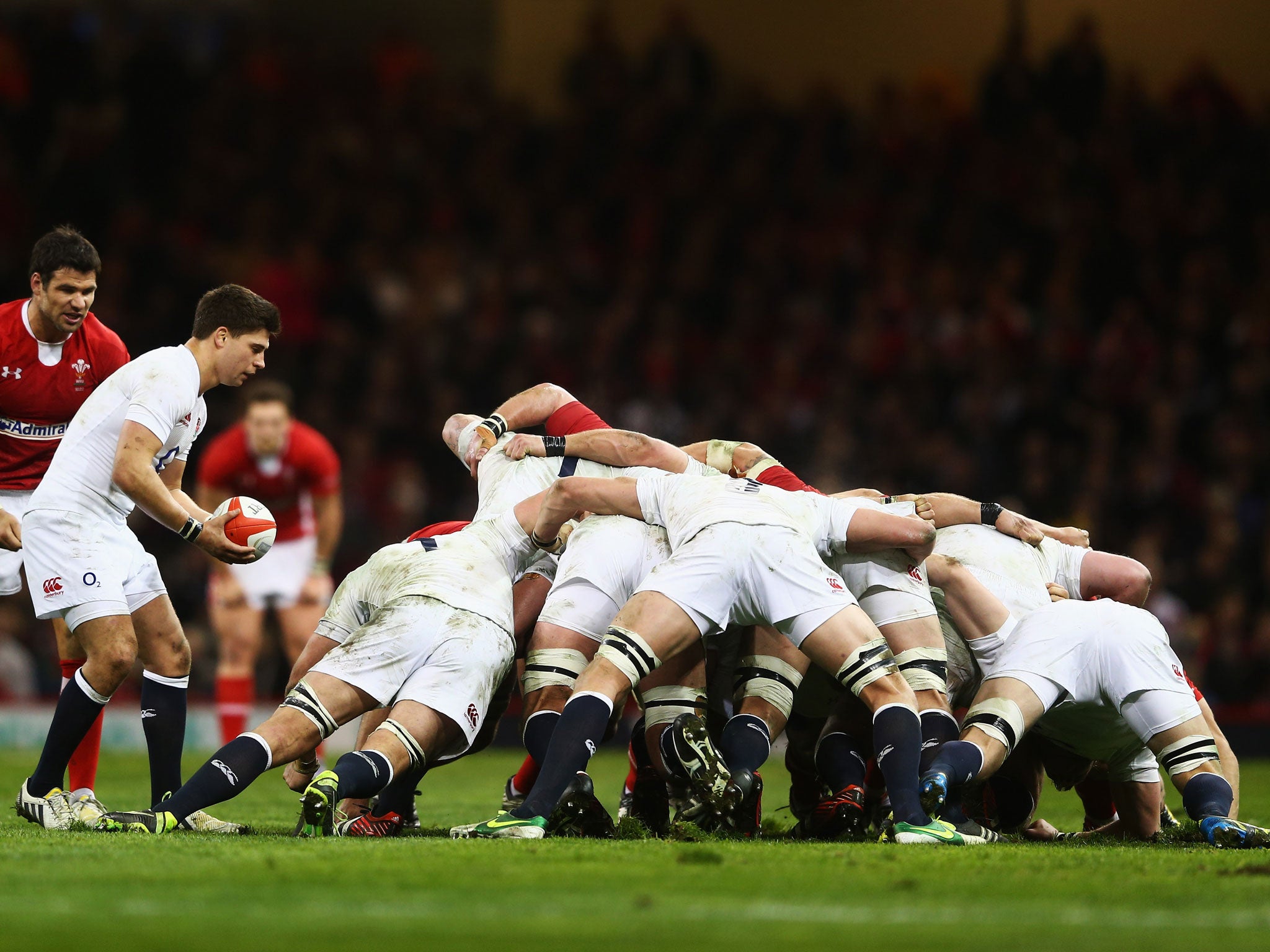Six Nations: Scrum rule to change yet again in time for tournament
New 'put-in' rule may be fairer but it comes at a bad time

It never rains but it pours. With European rugby already up to its neck in political trauma, thanks to a stunning lack of leadership that is destroying the Heineken Cup and continues to fuel a sporting civil war in Wales, the administrators are about to throw a curveball at the Six Nations – the shop window tournament in the northern hemisphere and the most important annual competition in the world game.
It emerged on Monday night that plans for a significant change to successful new scrummaging laws that were introduced only a few months ago will be implemented before the first round of matches in less than four weeks’ time, the highlight of which will be a combustible meeting between England and France in Paris, where the set piece may well prove the decisive factor. Remarkably, senior Six Nations figures said on Monday that they were unaware of the development.
The change concerns the put-in. At present, the referee tells the scrum-half to feed the ball when he is satisfied that the front rows are properly bound and the packs are square and stable. This loads the dice against the team in possession, whose hooker has to raise a foot to strike the ball against the opposition’s eight-man shove. The International Rugby Board experts believe this to be too great a disadvantage and have come up with a system under which a “silent signal” – a tap on the back or a nod, to be agreed before the match – replaces the “yes nine” call.
While this makes perfect sense and will undoubtedly make the scrum contest fairer, the timing of the move is unlikely to be welcomed by coaches who have spent recent months adapting to the initial changes brought in at the start of the campaign. According to IRB sources, there has been “full consultation at a national level”. Even so, it is an interesting moment to start tinkering.
The England coach, Stuart Lancaster, will name his elite and second-string squads on Thursday. Yesterday, Philippe Saint-André named four uncapped players in a 30-man French training party, three of them from Stade Français.
Subscribe to Independent Premium to bookmark this article
Want to bookmark your favourite articles and stories to read or reference later? Start your Independent Premium subscription today.

Join our commenting forum
Join thought-provoking conversations, follow other Independent readers and see their replies